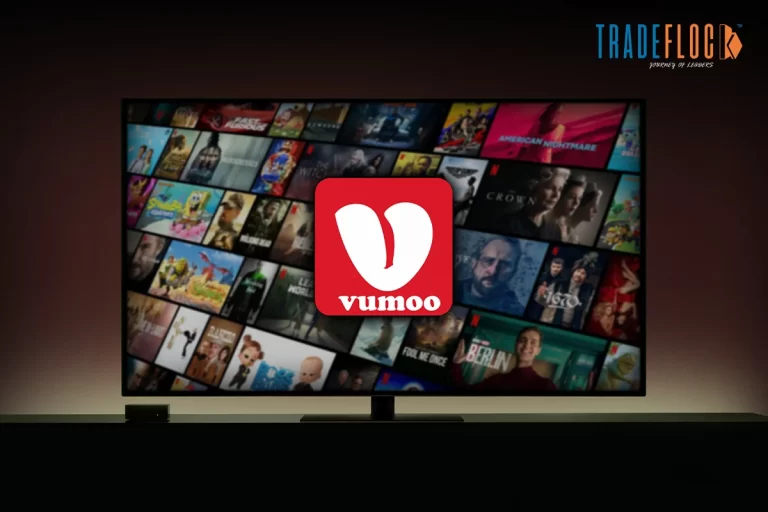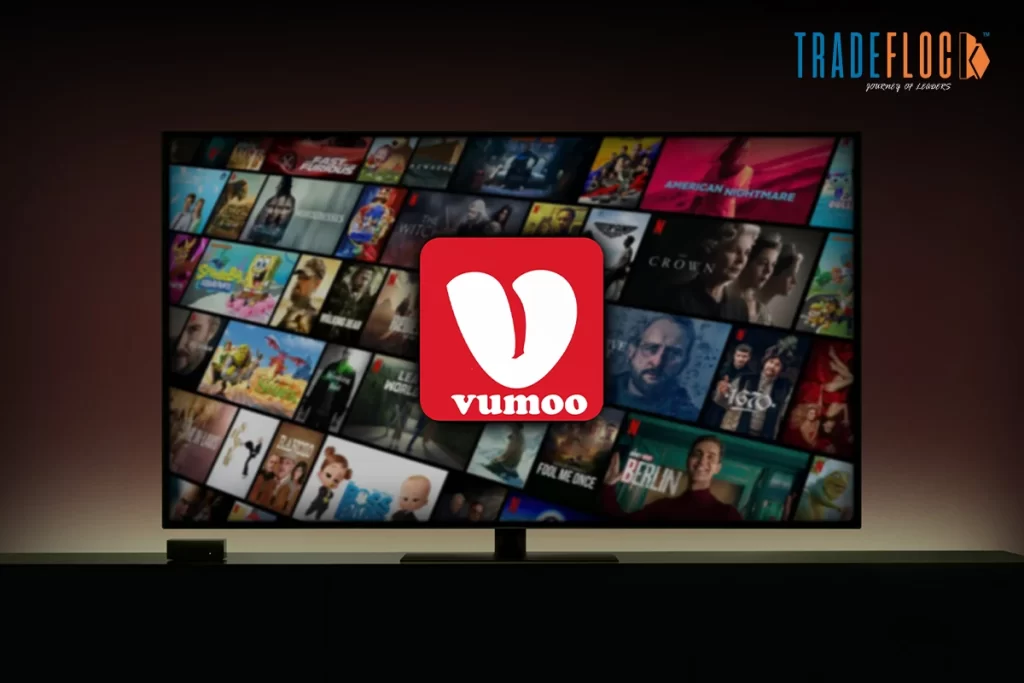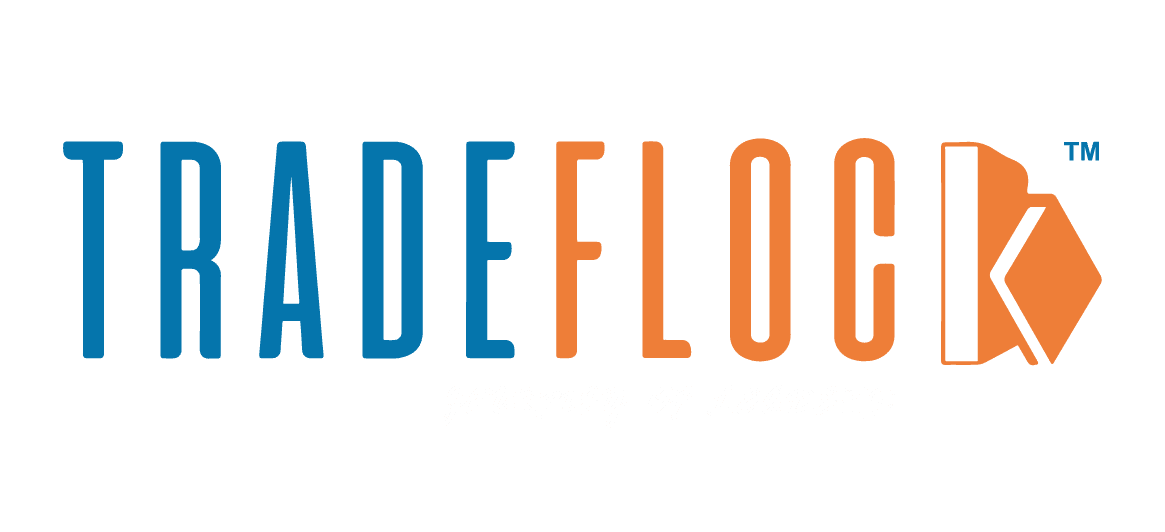The American Dream was synonymous with a stable job, a suburban house, and a comfortable retirement for decades. However, for Millennials and Gen Z, that vision feels increasingly outdated. Economic realities, technological advancements and shifting values have given rise to a new definition of success that prioritizes flexibility, personal fulfillment, and experiences over traditional markers of achievement.
According to a 2023 Pew Research study, homeownership among young adults is at a historic low, while entrepreneurship, freelancing, and remote work have skyrocketed. The pursuit of stability has given way to a desire for adaptability, purpose-driven careers, and financial independence outside of the conventional 9-to-5 structure.
Work on Their Own Terms
Gone are the days when a corner office and a gold watch after 40 years with the same company defined success. Millennials and Gen Z prioritize flexibility, work-life balance, and mental well-being over climbing the corporate ladder.
A LinkedIn Workforce Report found that job-hopping among Millennials is 50% higher than that of previous generations, with many seeking roles that align with their values and passions rather than just financial security. The rise of remote work and the gig economy has further fueled this trend, allowing young professionals to work from anywhere, launch side hustles, and explore alternative income streams.
Rethinking the White Picket Fence
For earlier generations, owning a home was seen as a key milestone in adulthood. Today, skyrocketing real estate prices, student loan debt, and a preference for mobility have made renting and even co-living more appealing. A Zillow report showed that homeownership rates for those under 35 are nearly 10% lower than for Boomers at the same age. Instead of investing in real estate, younger generations spend on travel, education, and experiences, valuing the ability to move freely and adapt to life’s changing circumstances.
Wealth Beyond Dollars
Success is no longer measured solely by financial wealth but by overall well-being. Millennials and Gen Z are prioritizing health, relationship social impact, and personal development. The surge in sustainability-focused businesses, mental health advocacy, and the “quite quitting” movement all reflect a rejection of burnout culture in favor of a more holistic approach to success.
According to a Deloitte study, 77% of Gen Z respondents said that working for a company with values aligned to their own is more important than salary. Purpose, impact, and ethical business practices matter more than ever.
While some view this shift as rejecting hard work and responsibility, Millennials and Gen Z see it as an evolution of what success truly means. Rather than being tied to rigid societal expectations, they are carving out their own paths—paths that prioritize freedom, creativity, and purpose.












